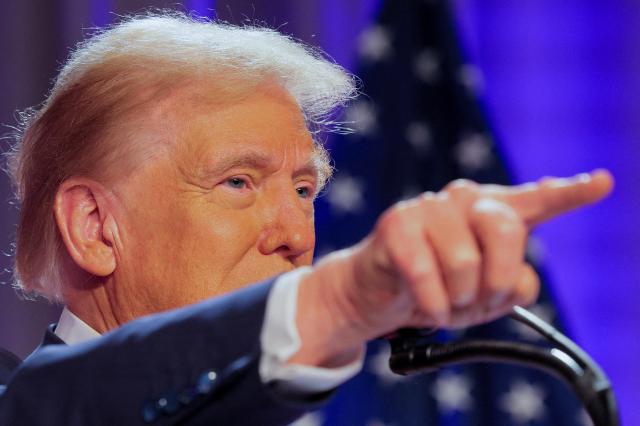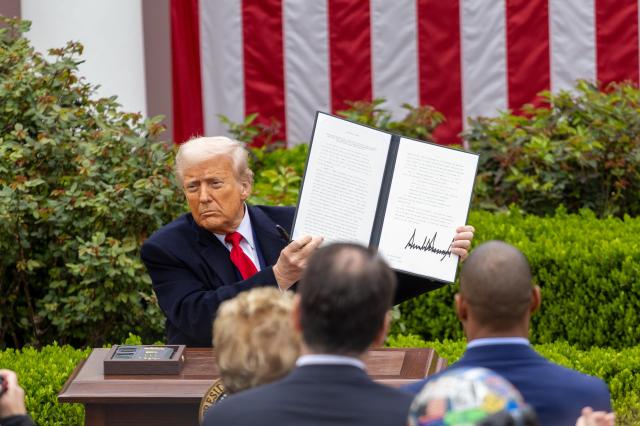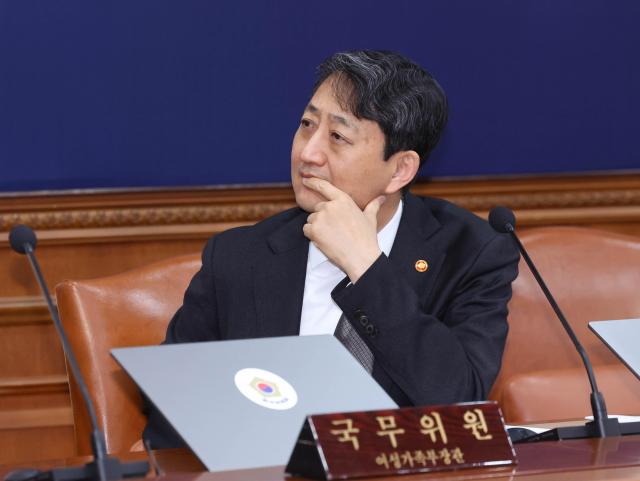
The U.S. Department of the Treasury added seven countries -- China, Japan, Korea, Singapore, Taiwan, Vietnam and Germany -- to its semiannual list of currency manipulators under observation on Thursday, signaling growing tensions in U.S.-Korea trade relations.
Korea has been re-added to the list after being removed in November 2023 and June 2024.
Trump's incoming administration is also reportedly planning to abolish the electric vehicle subsidies established under the Inflation Reduction Act (IRA). If implemented, the move could deal a significant blow to South Korea’s electric vehicle and battery industries, which have already been facing a slowdown in demand.
The IRA, which currently provides up to $7,500 in tax credits for electric vehicles manufactured in the U.S., has been a vital incentive for companies like Hyundai Motor Group and Korea's leading battery makers, including LG Energy Solution, Samsung SDI and SK Innovation.
The IRA stipulates that vehicles must meet specific domestic production requirements for tax credits, including sourcing batteries and critical minerals from the U.S. or its allies.
In response to the IRA, Hyundai Motor Group invested heavily in the U.S., building the Hyundai Motor Group Metaplant America (HMGMA) in Georgia, which recently began production.
South Korea’s battery makers have also made substantial investments, establishing joint ventures and factories in the U.S. The South Korean battery sector is currently struggling with declining performance, with some companies relying on the IRA’s production tax credit (AMPC) to offset their operating losses.
However, experts suggest that a full repeal of the IRA could face significant hurdles. Any changes would require approval from the U.S. Congress, and many lawmakers, particularly those in favor of IRA benefits, are aligned with the Republican Party and have openly opposed the repeal of these provisions.
Copyright ⓒ Aju Press All rights reserved.





View more comments